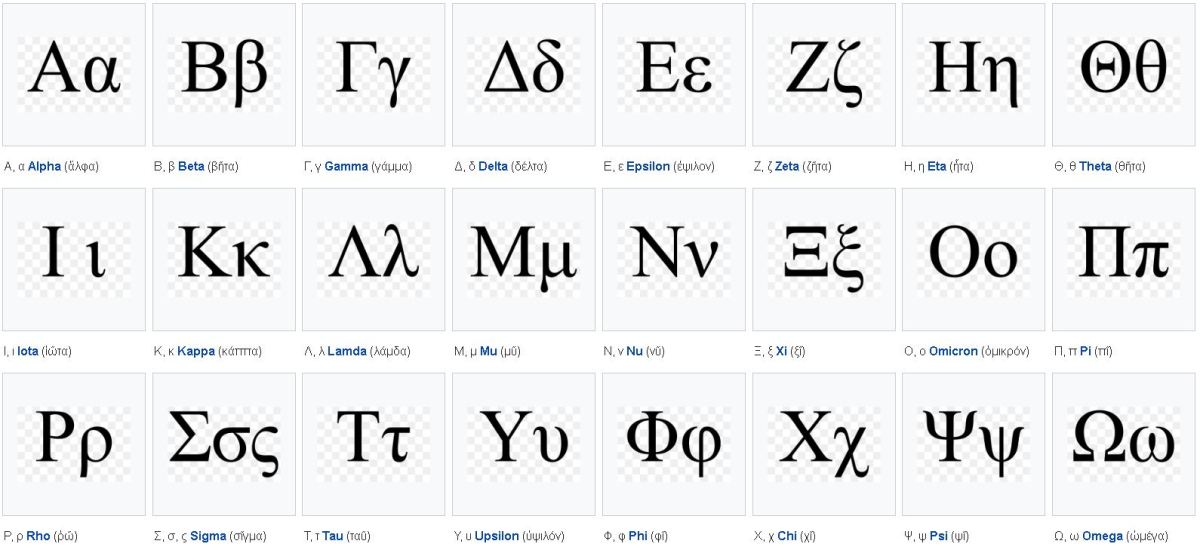How to Pronounce Latin

Are you interested in learning Latin? Maybe you know a few phrases, but don't want to sound ignorant if you mispronounce them. Or maybe you'd like to sing with a church choir, but what they're singing doesn't sound like what your Latin teacher drilled into you in tenth grade. There are two major systems of pronunciation for Latin: classical and ecclesiatical.

Classical Latin Pronunciation
Classical Latin is the Latin of Cicero and Caesar; of Vergil, Horace, and Ovid. If you learned Latin in high school, this is what you learned. To learn the basic rules of Classical Latin pronunciation, you must remember that Latin is a phonetic language. (There are no tricks, like silent "k" or six different ways to pronounce "ough," as in English.) Some letters may not make the sound you expect, but their sound will always be the same. In the charts below, the phonetic spelling uses the International Phonetic Alphabet (IPA). After that comes an example of the sound in American English, and then a Latin word using the letter.
Latin Vowels
Latin vowels can be either short or long. Most Latin textbooks mark naturally long vowels with a macron, like this: ā. Once you have studied Latin for some time, you will no longer need macrons, because you will have memorized which vowels are long and which are short. If you ever forget, you can check a Latin dictionary.
Vowels
| IPA Pronunciation
| English Example
| Latin Example
|
|---|---|---|---|
ā
| /ɑ:/
| father
| avāritia
|
a
| /a/
| hot
| animus
|
ē
| /e:/
| hey
| ēducātiō
|
e
| /ɛ/
| let
| epistula
|
ī
| /iː/
| marine
| mīrābilis
|
i
| /ɪ/
| thin
| familia
|
ō
| /oʊ/
| go
| nōn
|
o
| /ɔː/
| off
| opus
|
ū
| /uː/
| crude
| ūtilitās
|
u
| /ʊ/
| put
| lupus
|
y
| /y/
| [doesn't exist in English; similar to French u]
| tyrannus
|
Some naturally short vowels can become long by position, which can affect pronunciation because of Latin's stress accent. A short vowel becomes long by position when it is followed by two or more consonants or the letter x. In two-syllable words, the accent is on the first syllable (e.g., salvus is /ˈsalwʊs/). In longer words, the accent is on the penultimate syllable if that syllable is long (e.g., secundus is /sɛˈkʊndʊs/). However, the accent is on the syllable that is third from the end if the penultimate syllable is short (e.g., sententia /sɛnˈtɛntɪa/).
Latin Diphthongs
A diphthong is simply the pronunciation of two vowels next to each other as one. We do this in English with words such as coin and house.
Diphthongs
| IPA Pronunciation
| English Example
| Latin Example
|
|---|---|---|---|
ae
| /aɪ/
| high
| aeternus
|
au
| /aʊ/
| cow
| auxilium
|
ei
| /eɪ/
| rein
| peior
|
eu
| /y/
| [doesn't exist in English; similar to French u]
| seu
|
oe
| /ɔɪ/
| coin
| coepit
|
ui
| /wɪ/
| twit
| huius
|
Latin Consonants
Many consonants in Latin are pronounced the same as their counterparts in English. The exceptions are:
Single Consonants
| IPA Pronunciation
| English Example
| Latin Example
|
|---|---|---|---|
c
| /k/
| car (never as in city)
| cīvis
|
g
| /g/
| good (never as in gentle)
| gladius
|
i
| /j/
| yacht (Latin uses it as a consonant at the beginning of words before a vowel)
| iānua
|
r
| /r/
| N/A (trilled, similar to Spanish)
| Rōma
|
s
| /s/
| sit (never as in easy)
| salvus
|
t
| /t/
| tent (never as in mention)
| toga
|
v
| /w/
| will (never as in victory)
| vīnum
|
x
| /ks/
| hex (never as in exert)
| exemplum
|
Two Consonants
| IPA Pronunciation
| English Example
| Latin Example
|
|---|---|---|---|
bs
| /ps/
| rips
| urbs
|
bt
| /pt/
| apt
| obtusus
|
ch
| /kʰ/
| echo (never as in chew)
| schola
|
ph
| /pʰ/
| top hit (never as in sophomore)
| philosophia
|
th
| /tʰ/
| hit him (never as in theater or there)
| thema
|
Doubled consonants were pronounced twice. For example, in mittō, the syllables split thus: mit-tō, and the t is pronounced with both syllables. This can happen with the liquid consonants l, m, n, and r, the plosives d, p, and t, and the sibilant s. Some examples are capillus, summa, annus, and oppugnō.
Ecclesiastical Latin Pronunciation
The pronunciation of Ecclesiastical Latin, or Church Latin, as it is sometimes called, is marked by a softening of some consonants and lengthening of some vowels. This occurred over the course of several hundred years of political and religious turmoil in Europe. When Europe finally came up for air, this is what had happened:
Vowels and Diphthongs
| IPA Pronunciation
| English Example
| Latin Example
|
|---|---|---|---|
a
| /ɑ:/
| father
| pater
|
e, ae, oe
| /ɛ/
| let
| et, caelum
|
i, y
| /iː/
| marine
| filius, martyr
|
o
| /ɔː/
| off
| dominus
|
u
| /uː/
| crude
| mulier
|
Other diphthongs are pronounced as if the vowels were separate.
Consonants
| IPA Pronunciation
| English Example
| Latin Example
|
|---|---|---|---|
c or cc (before a, o, or consonants)
| /k/
| car
| corpus
|
c or cc (before any other vowel or the diphtongs ae or oe)
| /tʃ/
| church
| caelum, ecce
|
g (before a, o, or other consonants)
| /g/
| garden
| gloria
|
g (before any other vowel or the diphthong ae)
| /dʒ/
| George
| angelus
|
h (in nihil or mihi only)
| /k/
| nickel
| nihil, mihi
|
h (in other cases)
| silent
| hour
| hora
|
j (consonantal i)
| /j/
| yes
| Jesus
|
s (between vowels)
| /z/
| easy
| misericordia
|
v (in the beginning of a syllable)
| /v/
| vain
| ave
|
ch
| /k/
| kite
| machina
|
gn
| /ɲ/
| N/A (similar to signor in French)
| regnum
|
sc
| /ʃ/
| shy
| cresco
|
th
| /t/
| Thomas
| catholicus
|
ti (before any vowel)
| /tsi/
| itsy-bitsy
| gratia
|
xc (before e, ae, oe, i, or y)
| /kʃ/
| action
| excelsus
|
Singing in Latin
When singing in Ecclesiastical Latin, keep your vowels pure. If singing a vowel blend such as au on more than one note, hold the first vowel longer and move on to the second vowel sound just before moving to the next syllable.

Bibliography
Donovan, Colin B. "Ecclesiastical Latin." http://www.ewtn.com/expert/answers/ecclesiastical_latin.htm
Palmer, L.R. The Latin Language. London: Faber and Faber, 1961.
Wheelock, Frederic M. Wheelock's Latin Grammar. New York: HarperCollins, 1992.









